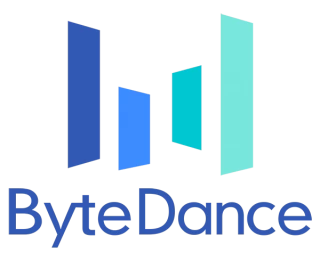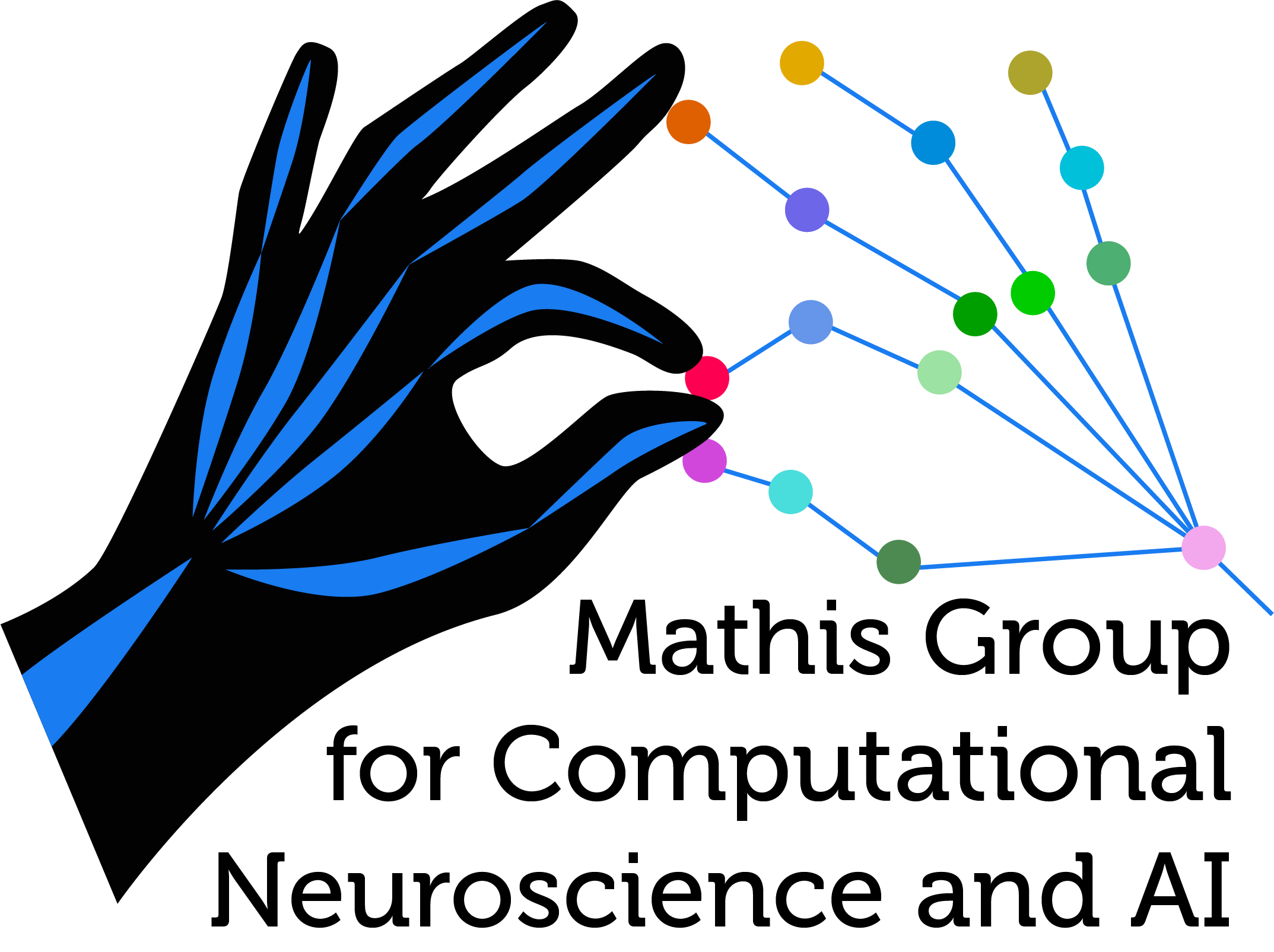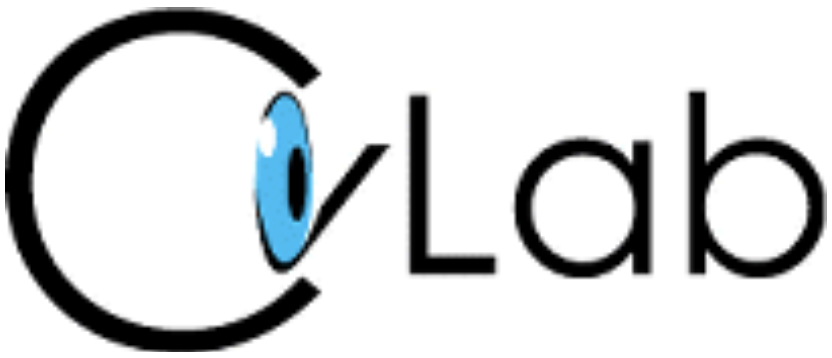Saqib Javed, Chengkun Li, Andrew Price, Yinlin Hu, Mathieu Salzmann
November 2024
Transactions on Machine Learning Research
Quantization
Edge applications, such as collaborative robotics and spacecraft rendezvous, demand efficient 6D object pose estimation on resource-constrained embedded platforms. Existing 6D object pose estimation networks are often too large for such deployments, necessitating compression while maintaining reliable performance. To address this challenge, we introduce Modular Quantization-Aware Training (MQAT), an adaptive and mixed-precision quantization-aware training strategy that exploits the modular structure of modern 6D object pose estimation architectures. MQAT guides a systematic gradated modular quantization sequence and determines module-specific bit precisions, leading to quantized models that outperform those produced by state-of-the-art uniform and mixed-precision quantization techniques. Our experiments showcase the generality of MQAT across datasets, architectures, and quantization algorithms. Additionally, we observe that MQAT quantized models can achieve an accuracy boost (>7% ADI-0.1d) over the baseline full-precision network while reducing model size by a factor of 4x or more.










